About the author: Ekaterina Osadchuk, CEO at Indigo Tech Recruiters , economist, professional psychologist, HRD and director for organizational development, with over 10 years of experience
In an ideal business world there would be no HRs. In a world where leaders understood that beyond salary — freedom, meaning, and self-realization can also serve as motivators. Where people believe that cooperation, trust, respect and justice are important. Where people understand that the directive and KPIs provide a vector for efforts, but do not motivate actions. Where managers are leaders who inspire, not merely manage. They care about their own resources; they are aware of their own strengths and weaknesses and know their goals. Such people pass on their philosophy to the team and others follow their example.

However, during job interviews when candidates say that they want to work in a company with proper and mature management, HRs are indispensable.
Last year we filled 9 HRD vacancies, and it was a challenge. In order to find “the right one, ” you have to interview at least 25 people, which means that you have to contact 200-300 candidates. However, the competency and the role of HR is a separate subject, which we discussed earlier: “HR in IT: From Newbie to Business Partner”, “Does HR help business turn a profit or does it only waste the company’s money?” ( Part 1 and Part 2).
Obviously, we do not live in a fairy-tale world, businesses need proper HRD specialists, people who function as full-time psychologists, recruiters, and office managers all at the same time. This is a valid reason to discuss motivation of these professionals, and their salary levels in the Ukrainian IT industry specifically.
We published an overview of C-level executives’ salaries earlier. In this overview, we are focusing on certain parts of the survey in greater detail. This article is based on data from HRDs working at IT companies in Ukraine.
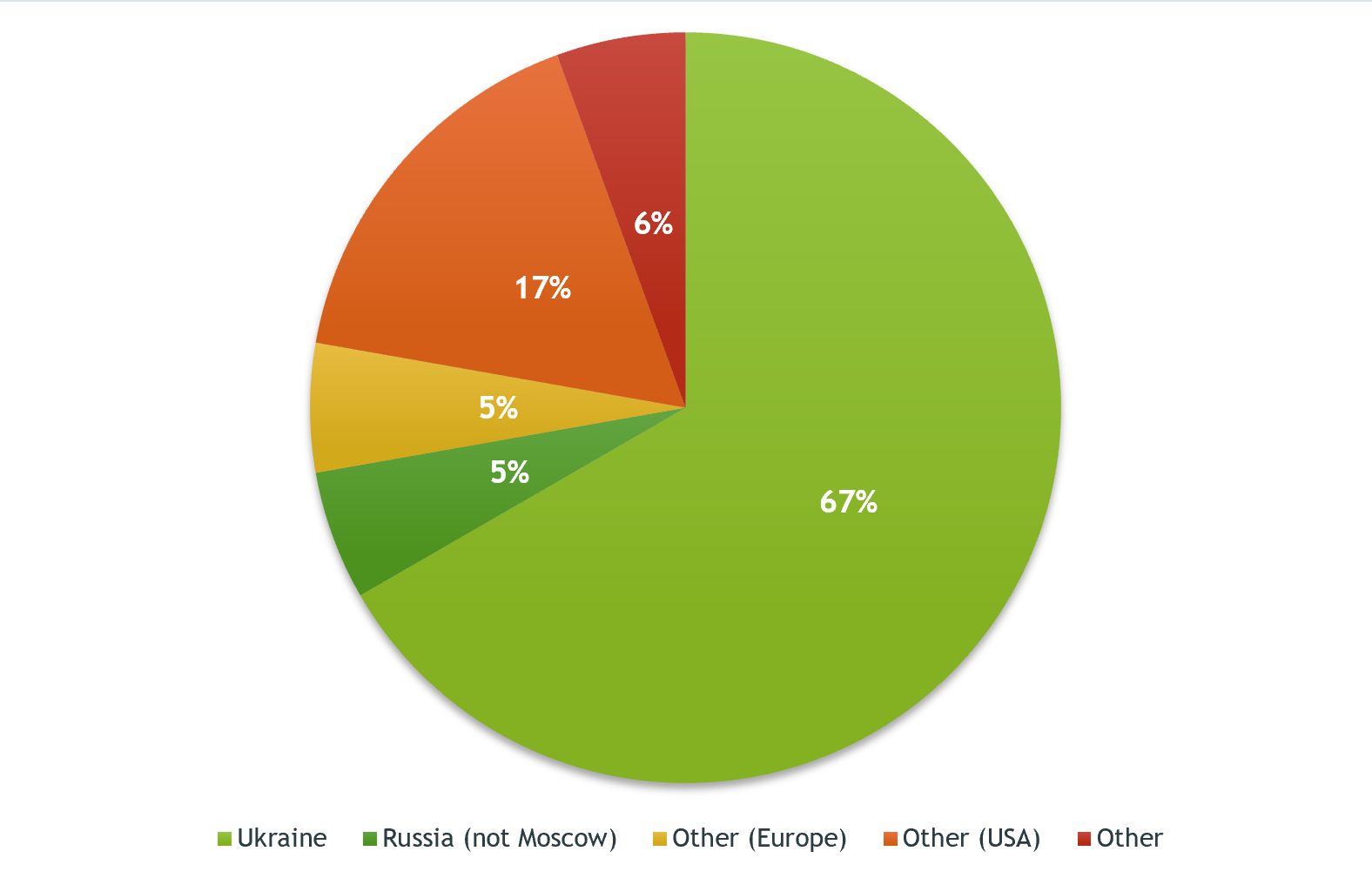 Fig. 1. Countries of origin of IT companies
Fig. 1. Countries of origin of IT companies
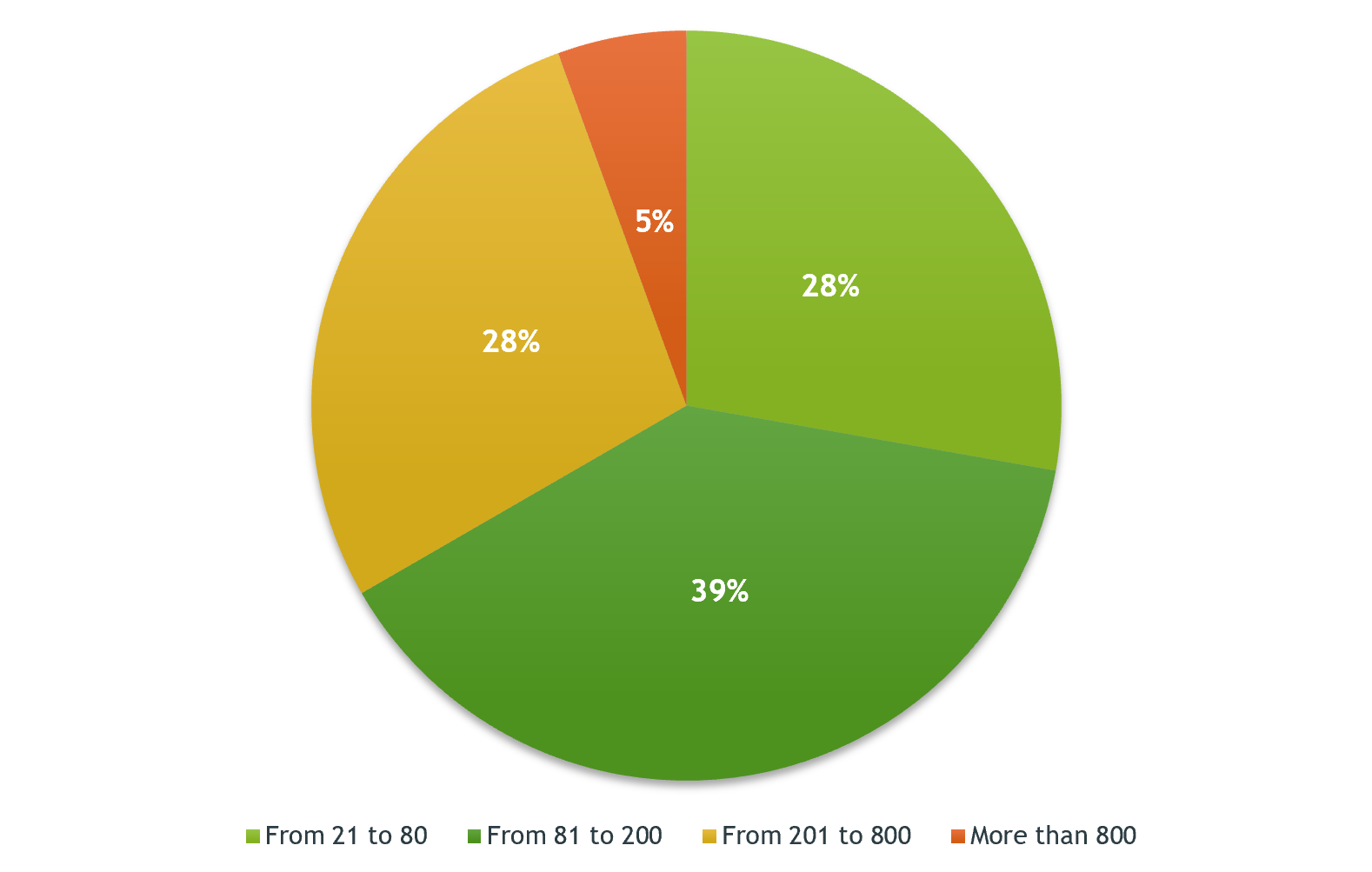 Fig. 2. Number of employees in IT companies
Fig. 2. Number of employees in IT companies
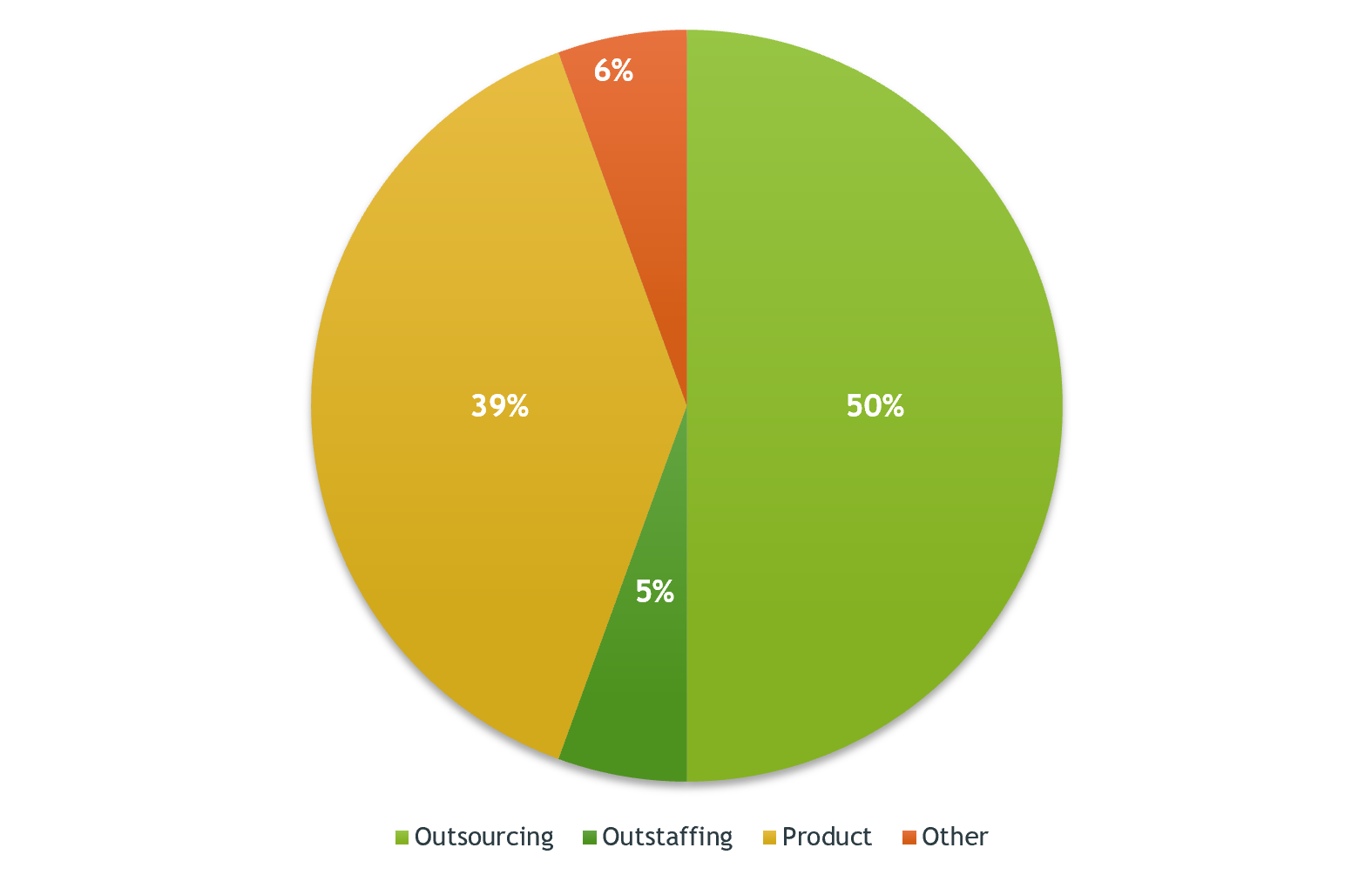 Fig. 3 Percentage of participants from outsourcing, outstaffing and product companies
Fig. 3 Percentage of participants from outsourcing, outstaffing and product companies
Here are the factors which define a successful HR:
- Their competencies and tasks should match the current stage of business development.
- They should work in a team with mature managers.
- HRs must themselves be professional and mature people.
As to the last point, why is this always a problem in IT?
The IT industry is still young, so there are not many companies, (especially product companies), where HRs can gain valuable experience. No one talks about this position for startups, which are successful if they stay afloat with 10 employees and can afford an office manager. What’s the role of the office manager in this case? To ensure comfort in the office, to work on administrative tasks, to organize entertainment for the team and, over time, to work with recruitment. Sometimes they are successful, sometimes not, because usually there’s no one to teach them how to be an effective recruiter.
As a rule, an HR won’t stay with a company for more than a couple of years. (And let’s be honest, startups often don’t last any longer than that. )
This is a typical situation in IT, gradually becoming more critical. IT companies are getting older, and, as the staff grows, they discover that they must change their approach towards team management. Sadly, there are very few HRs who can help IT businesses grow properly, (though there are probably more HRs in the market than necessary, but we all know that quantity doesn’t mean quality. ) We must admit that the HR community, as regards IT, still has a long way to go to reach maturity.
Different levels of competencies, responsibilities and companies influence the range of salaries of HRDs. The majority of HRDs earn between $1925 and $3500. There were also those who got $500 or $6000 a month.
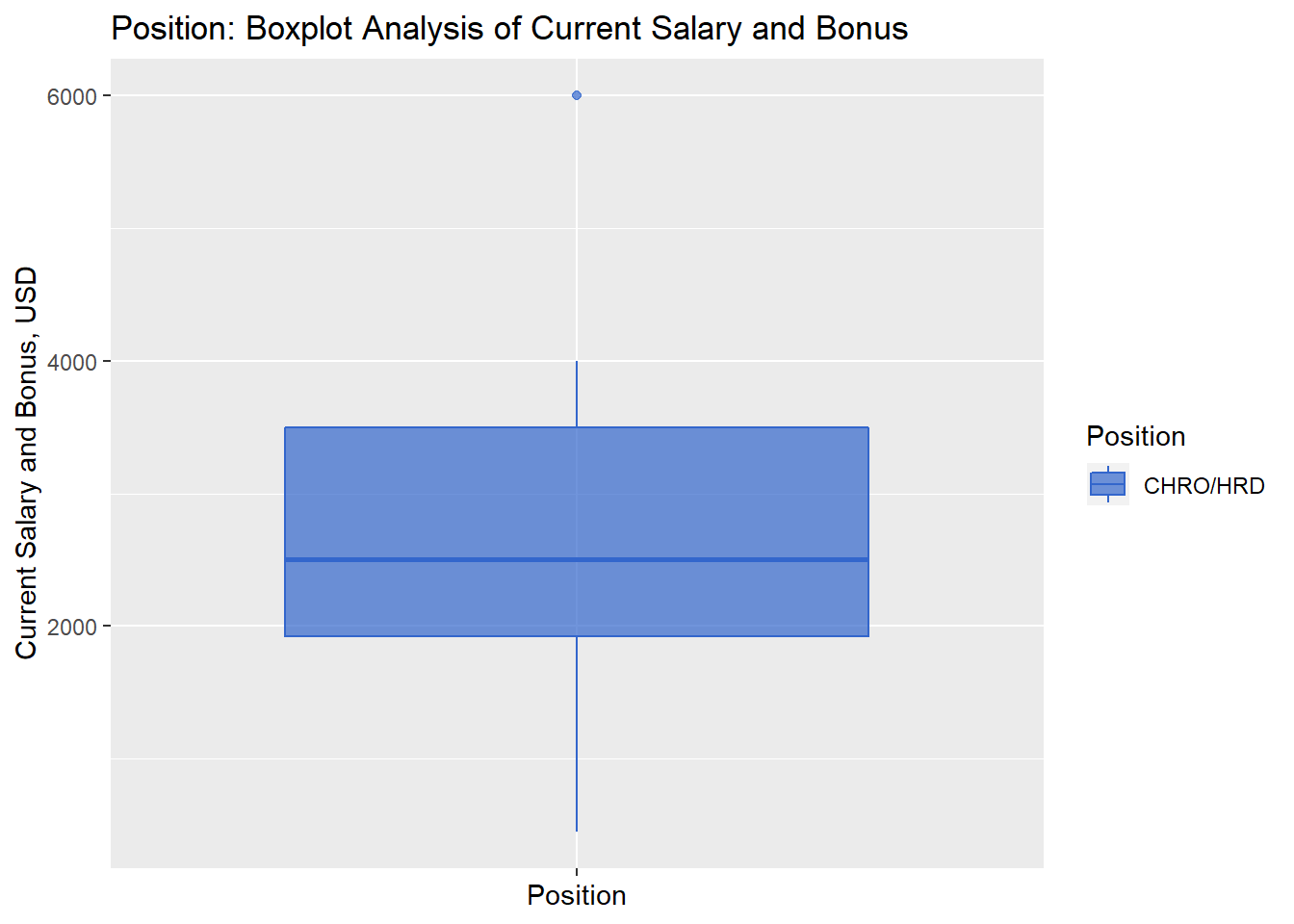 Fig. 4. Overall salary range
Fig. 4. Overall salary range
Salaries of HRDs depend on many different factors. I would like to stress that we have excluded the items with less than 5 responses, as they cannot be valid in decision making. For instance, if 4 HRDs said they had less than 3 years experience as a top manager, we regard those responses as not being representative, and took into consideration only those with 5 or more matching replies.
In the figure below, this data is shown as a thin line. So for example, if only 4 respondents had over 10 years of experience in top management, (the yellow line on the graph), it wouldn’t be enough to draw objective conclusions.
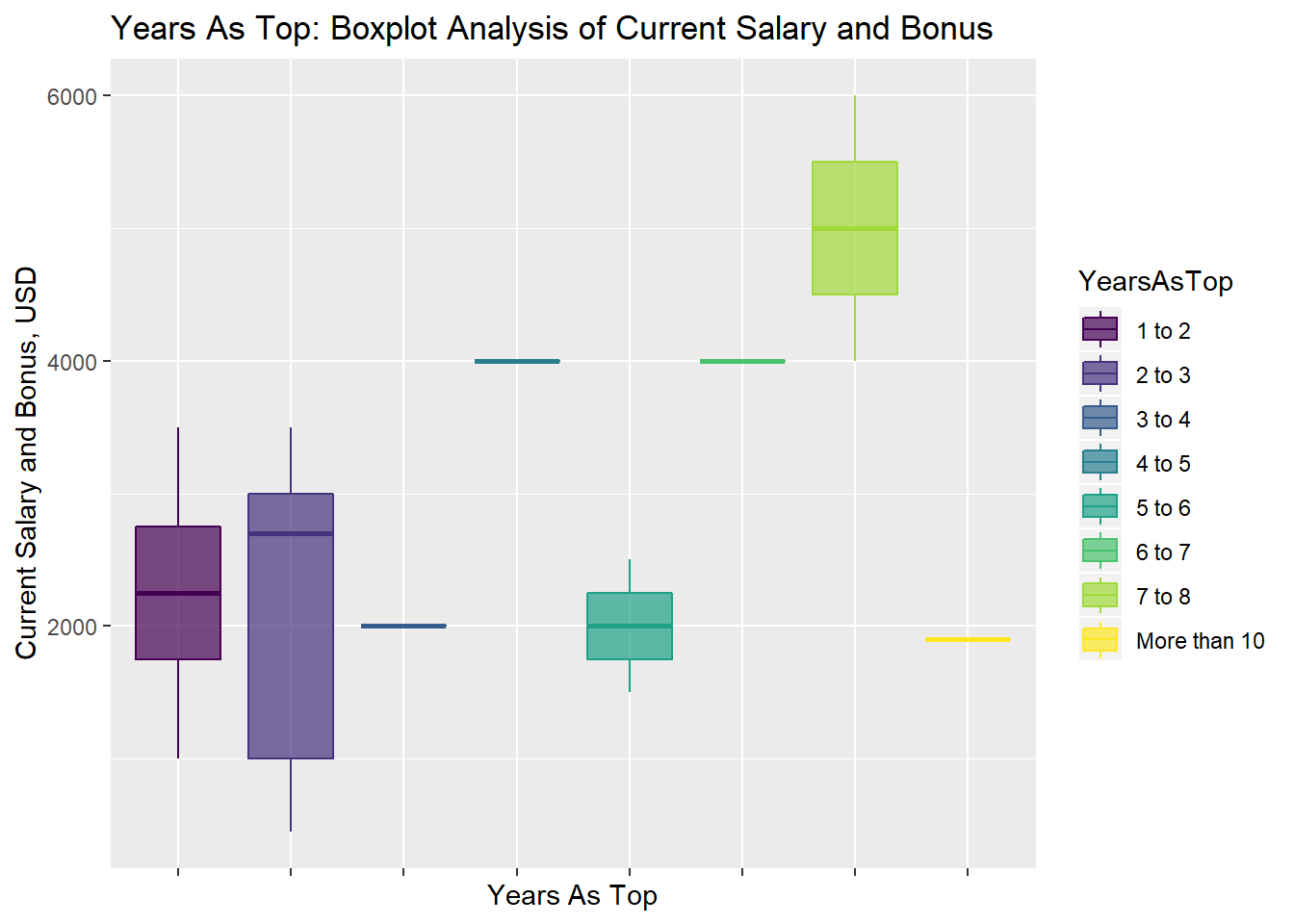 Fig. 5. Salary range + bonus for experience as top manager
Fig. 5. Salary range + bonus for experience as top manager
The results show that HRDs with 1 to 5 years of experience at C-Level positions earn from $1800 to $3500, (with the majority getting between $2000 and $2800 a month. ) For those with 7 to 8 years experience, monthly income is from $4000 to $6000. The majority of such employees earn $5000, the market median. HRDs with over 10 years of job tenure have approximately the same salary.
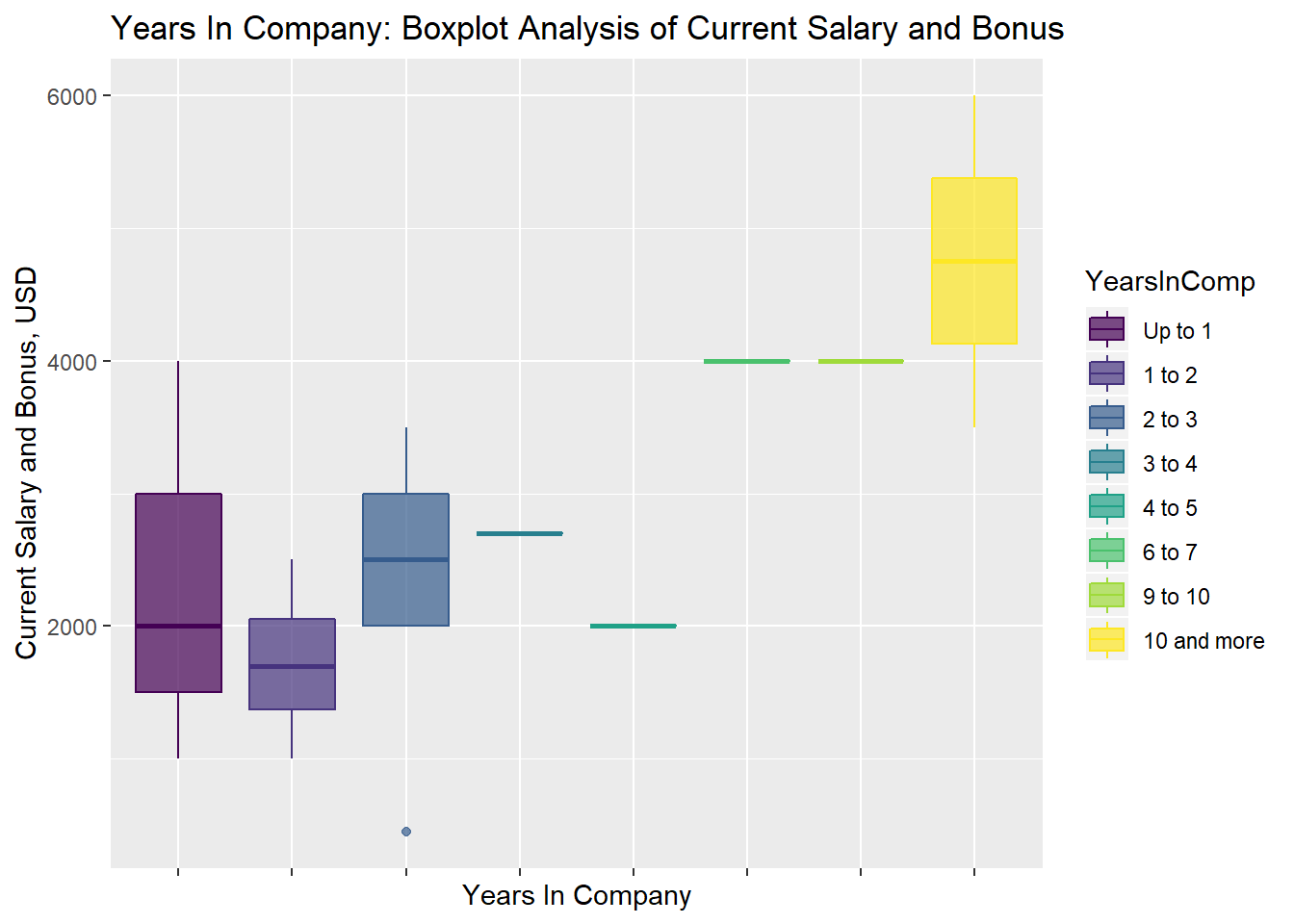 Fig. 6. Relation between salaries and job tenure in the company.
Fig. 6. Relation between salaries and job tenure in the company.
The number of years of IT experience also positively influences HRDs’ salaries. Those with over 10 years experience in the industry, (all things being equal), can count on wages from $3500 to $4500. Several responses indicated different salary levels, up to $6000, down to the one person with extensive experience in IT earning just $1925.
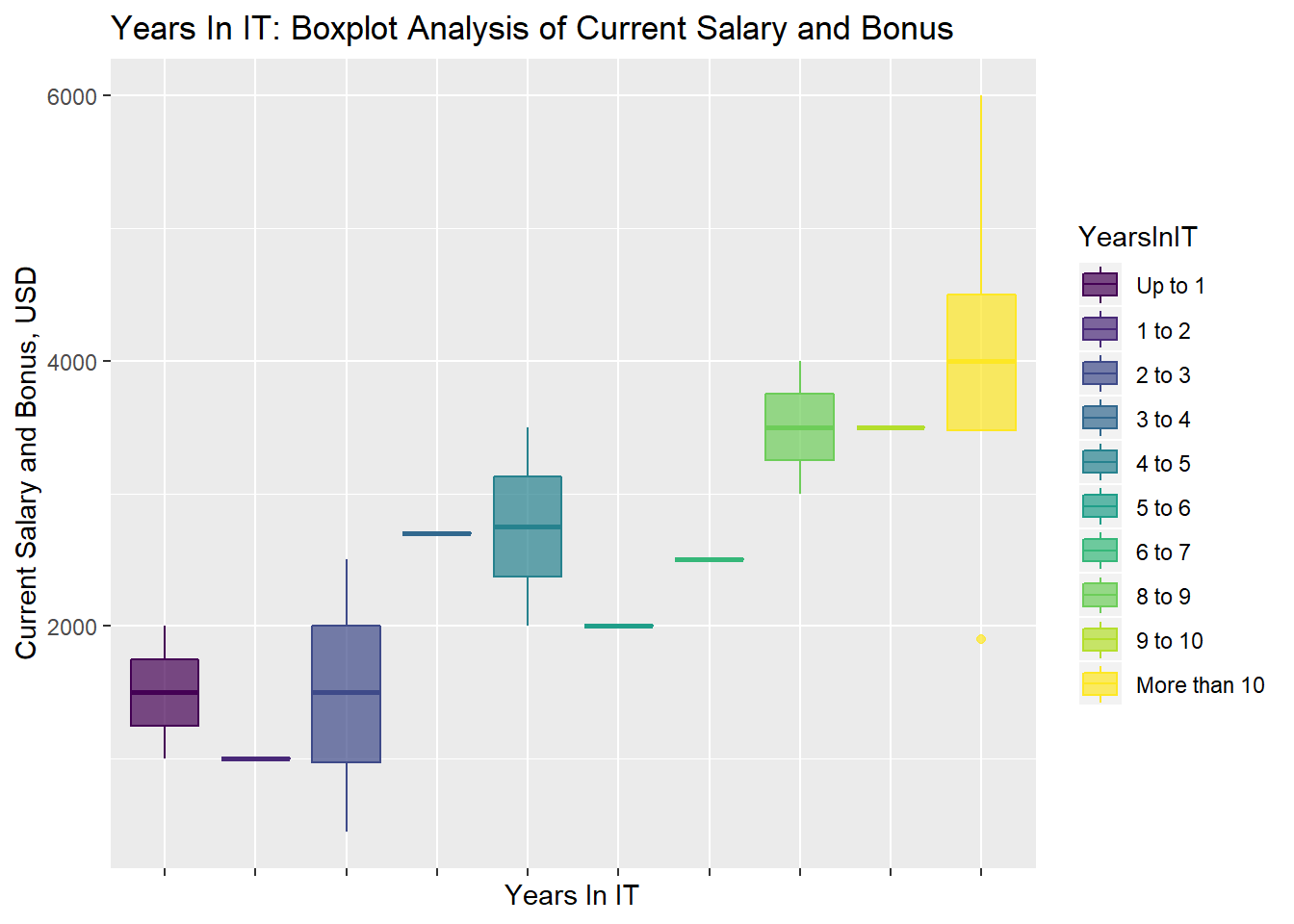 Fig. 7. Relation between salary and experience in IT
Fig. 7. Relation between salary and experience in IT
There is a definite pattern between company profits and salaries of HRDs: the salaries clearly rise along with the income of the company. The HRDs who don’t know their company’s revenues earn the least, which makes sense: HRDs can’t be effective without coordinating their work strategy with the company’s current and planned financial indicators. If they don’t have access to this information, their role in the company is smaller, hence the lower salary.
If the company turnover is from $1 to $3 mln, the HRD earns between $1600 and $2000. If the revenue is $3 to $7 mln, the HRD earns from $2800 to $3500 monthly. With income from $30 to $50 mln, they make $3500 to $4500 per month. One of the respondents claimed $6000 as their wage.
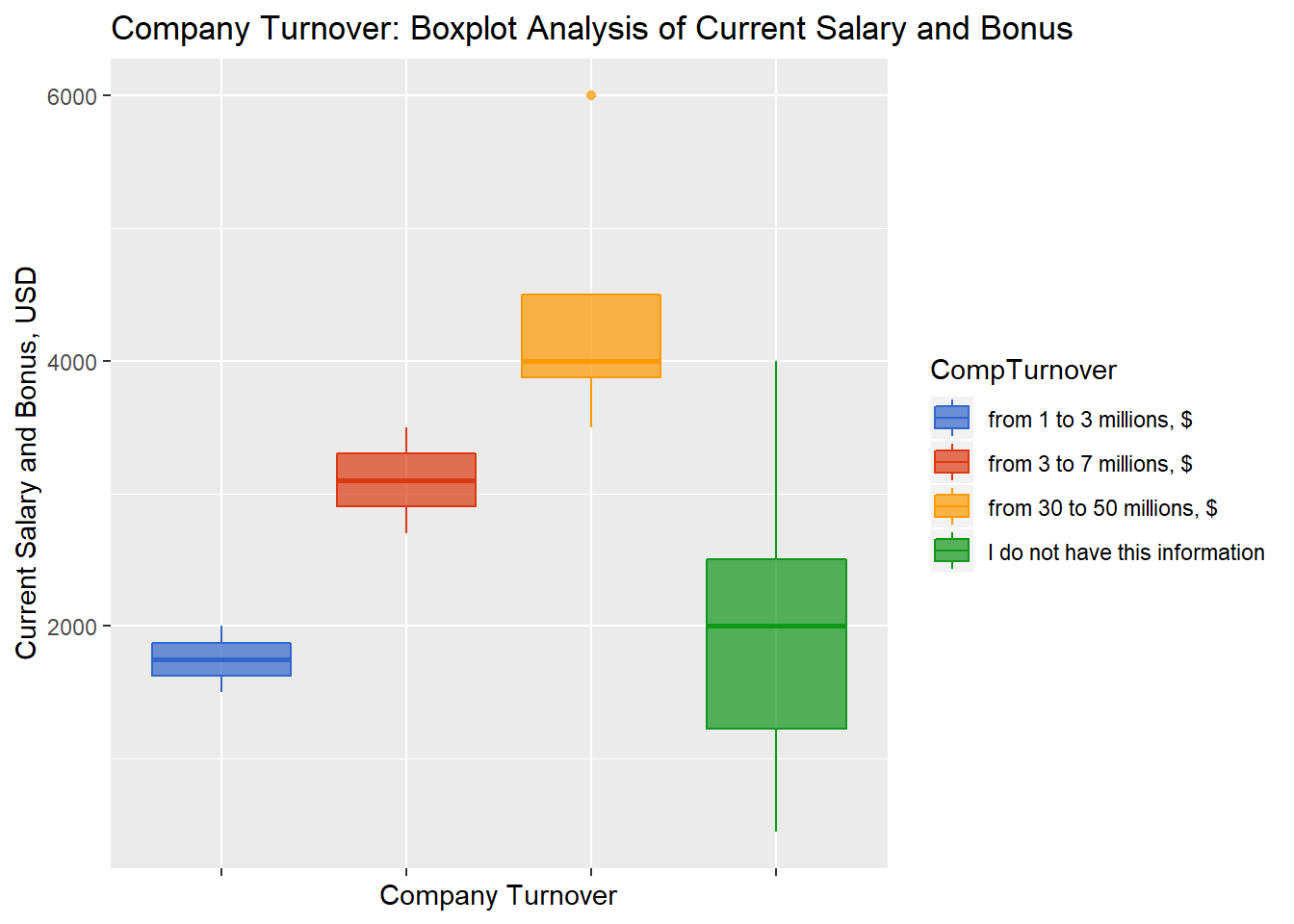 Fig. 8. The relationship between salary and company turnover
Fig. 8. The relationship between salary and company turnover
Unsurprisingly, men earn more than women.
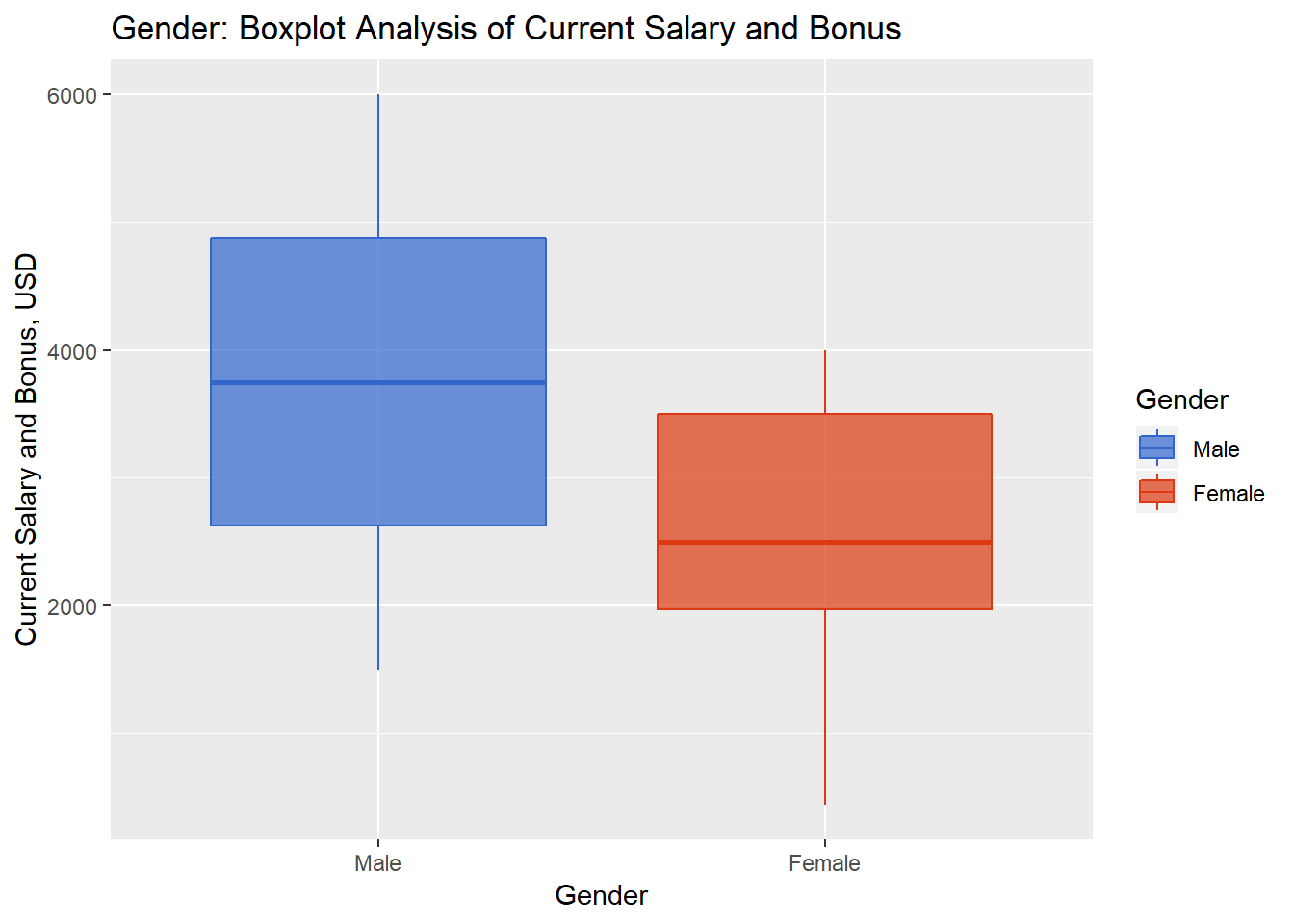 Fig. 9. Relation between salary and gender
Fig. 9. Relation between salary and gender
Product companies offer the highest salary level for this position.
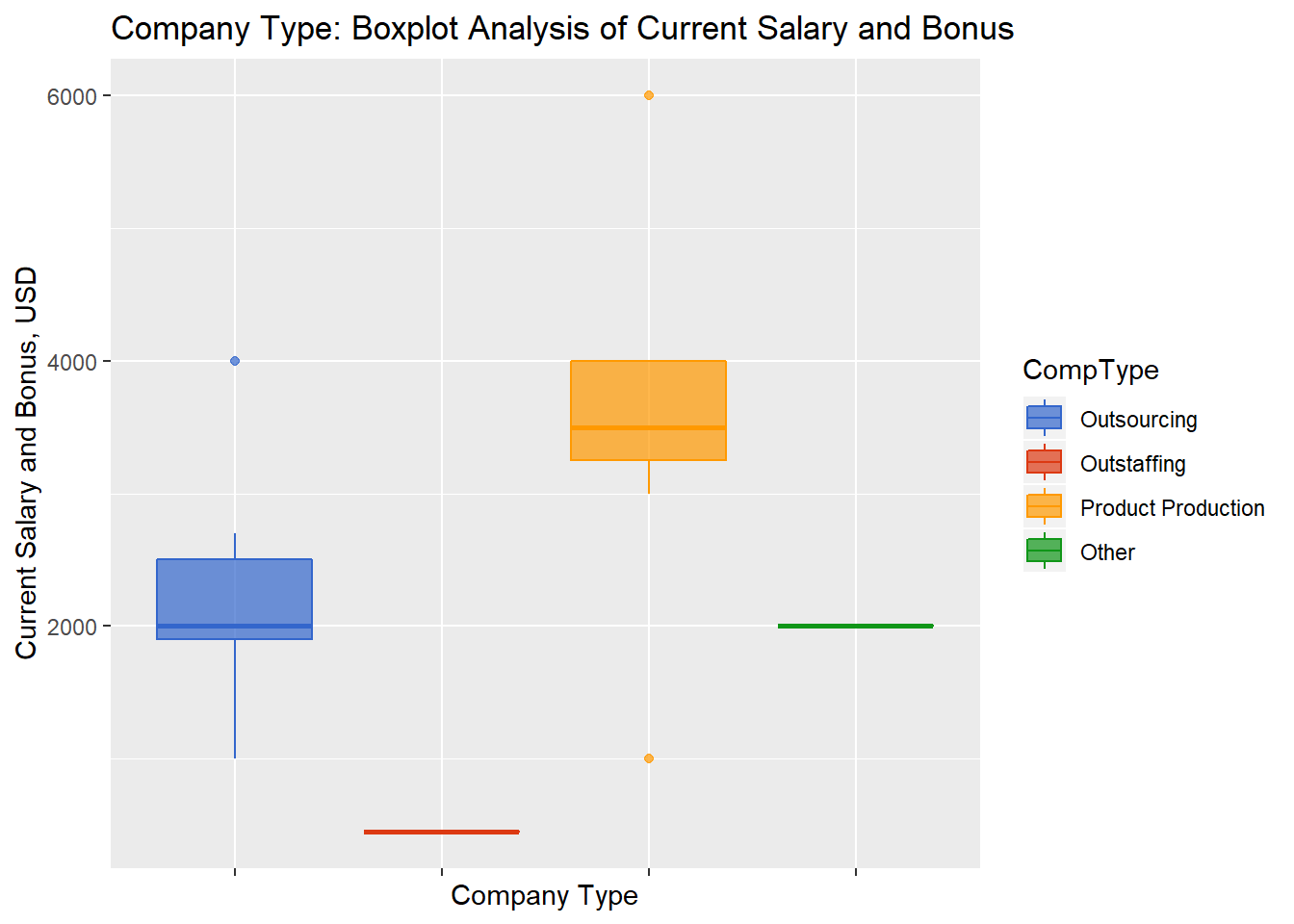 Fig. 10. Relation between salary and company type
Fig. 10. Relation between salary and company type
Salaries grow depending on the number of employees directly subordinate to HRD.
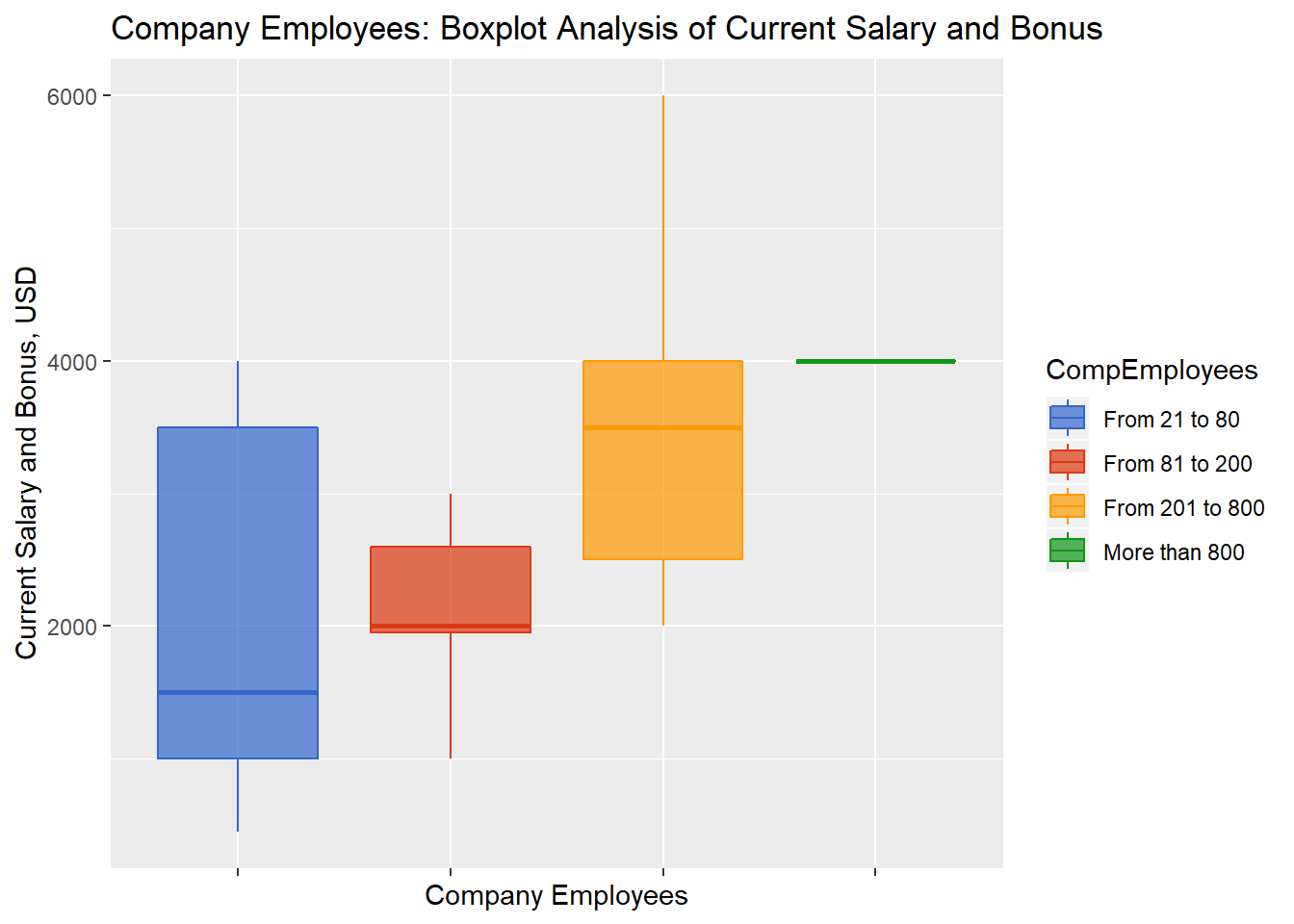 Fig. 11. Relation between salary and employees in the company
Fig. 11. Relation between salary and employees in the company
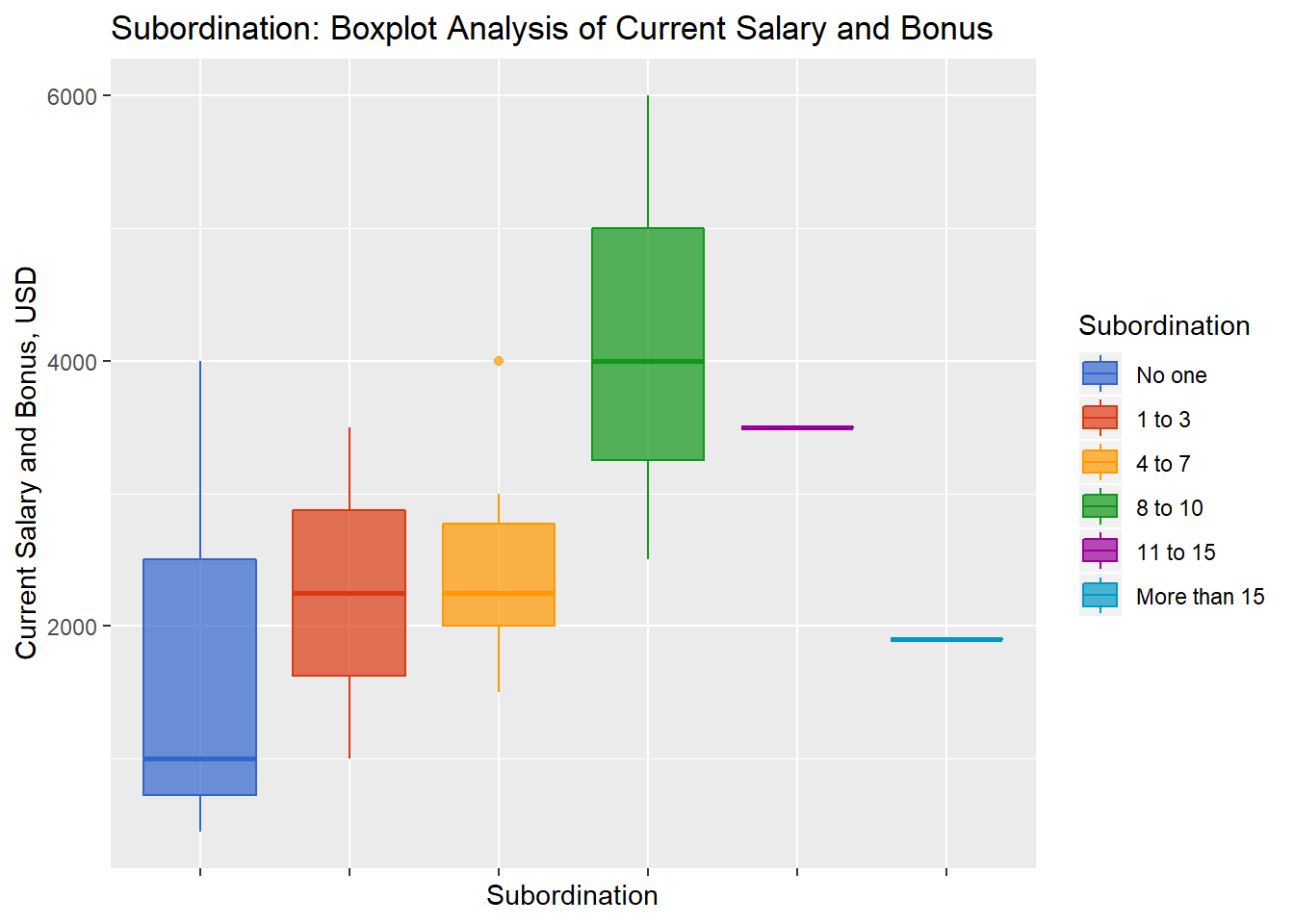 Fig. 12. Relation between salary and the number of subordinates.
Fig. 12. Relation between salary and the number of subordinates.
Apart from salary range, we were interested in learning what motivates, (or demotivates), employees, as well as some data on their working conditions.
Among the motivating factors, HRDs chose professional development (70%), freedom in decision-making and a culture of trust in the company (65%). Three factors tied for 4th on the motivation scale (60%): competent and effective management, flexible schedule and salary level.
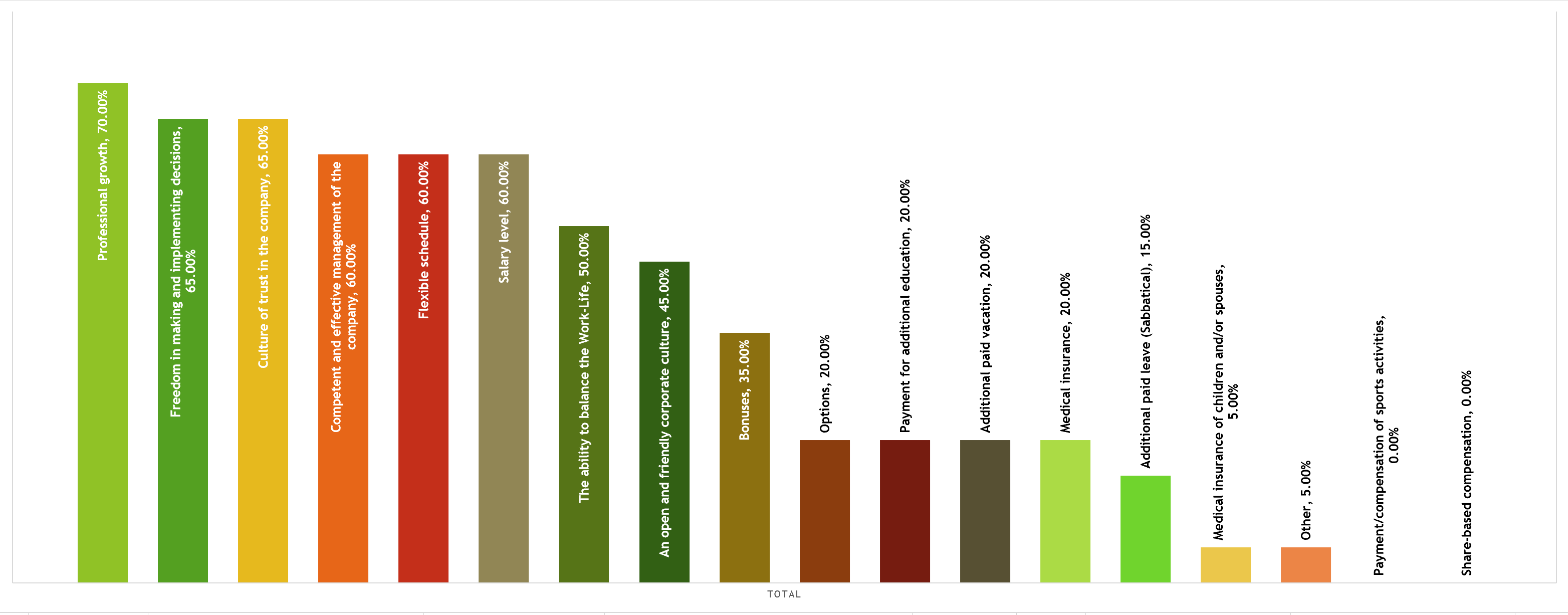 Fig. 13. Motivating factors for HRDs
Fig. 13. Motivating factors for HRDs
The primary demotivating factors are the lack of work-life balance, (55%), and the lack of professional development, (50%).
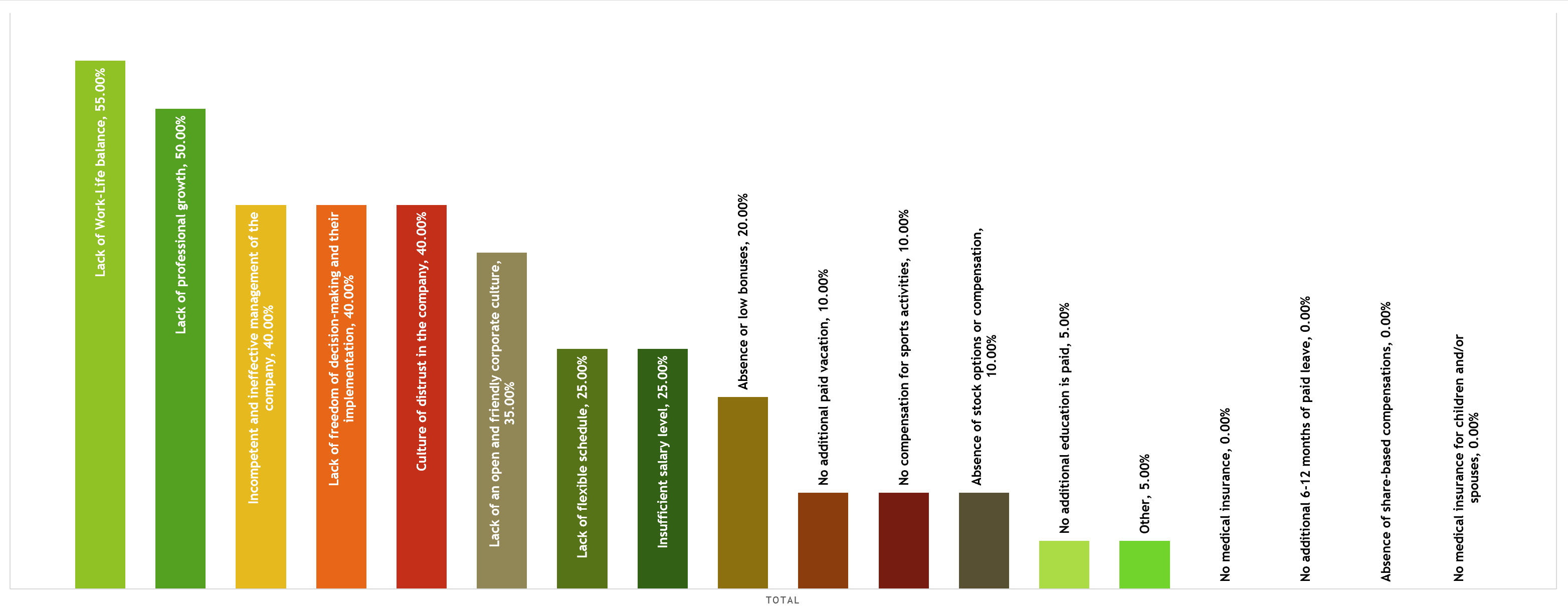 Fig. 14. Demotivating factors for HRDs
Fig. 14. Demotivating factors for HRDs
Salary was way down in 8th place among demotivating factors.
The majority of KPIs relate to the implementation of individual or department plans.
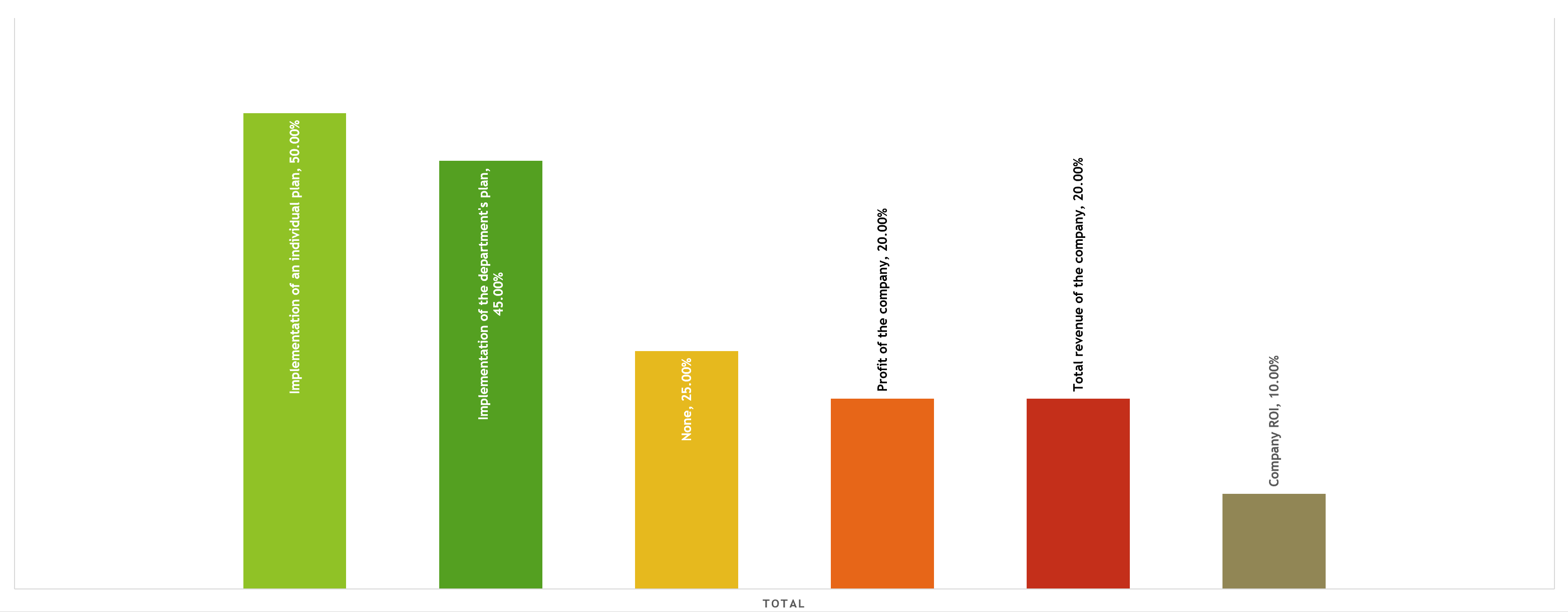 Fig. 15. KPI-based bonuses
Fig. 15. KPI-based bonuses
83% of HRDs work only in the office, and 17% can work remotely at times.
 Fig. 16. Work models
Fig. 16. Work models
67% of HRDs are registered as individual entrepreneurs, which is quite common in IT. However, 28% of employees are officially registered under the labour legislation.
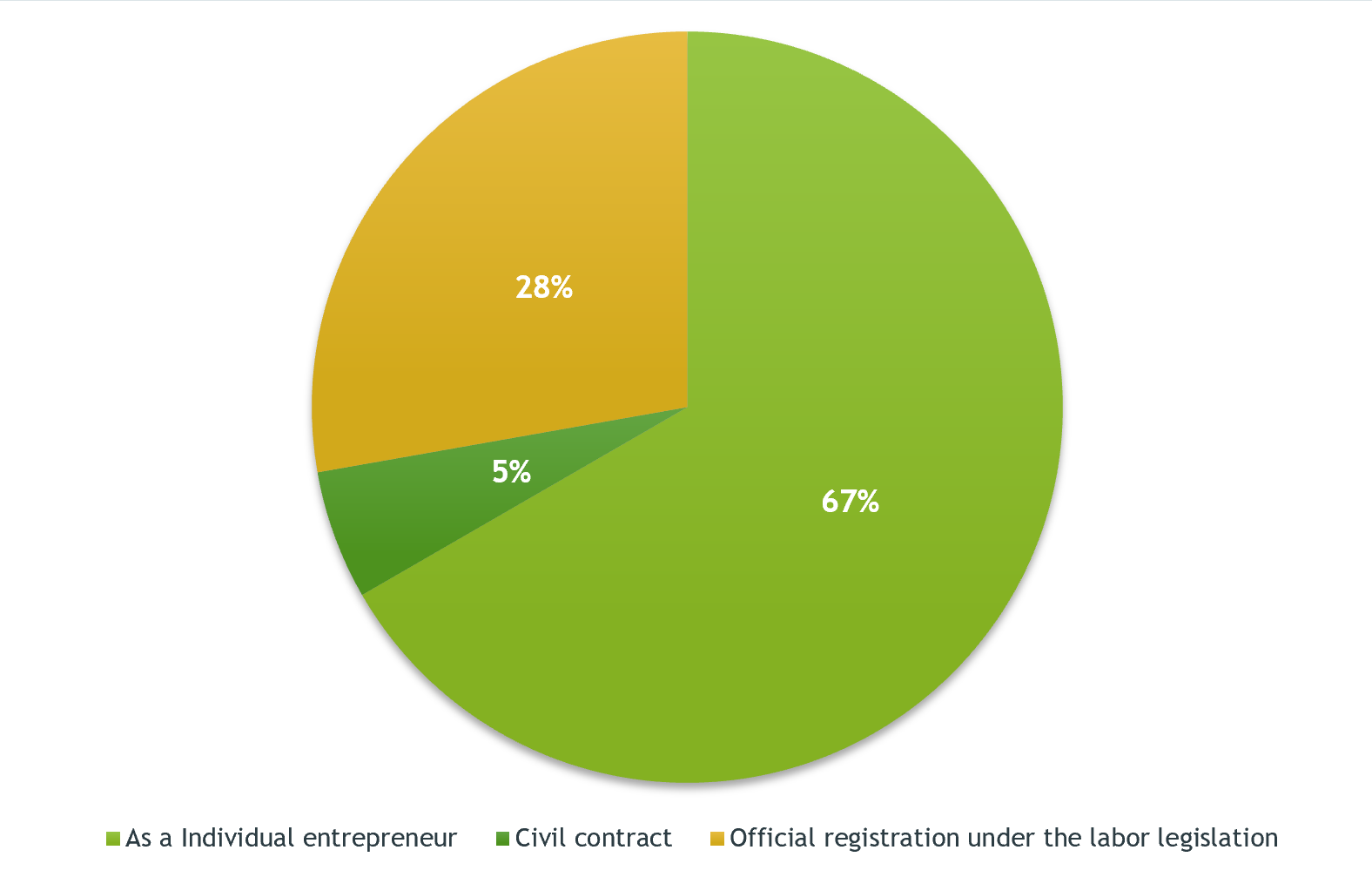 Fig. 17. Types of employment
Fig. 17. Types of employment
Most salaries are pegged to the US dollar.
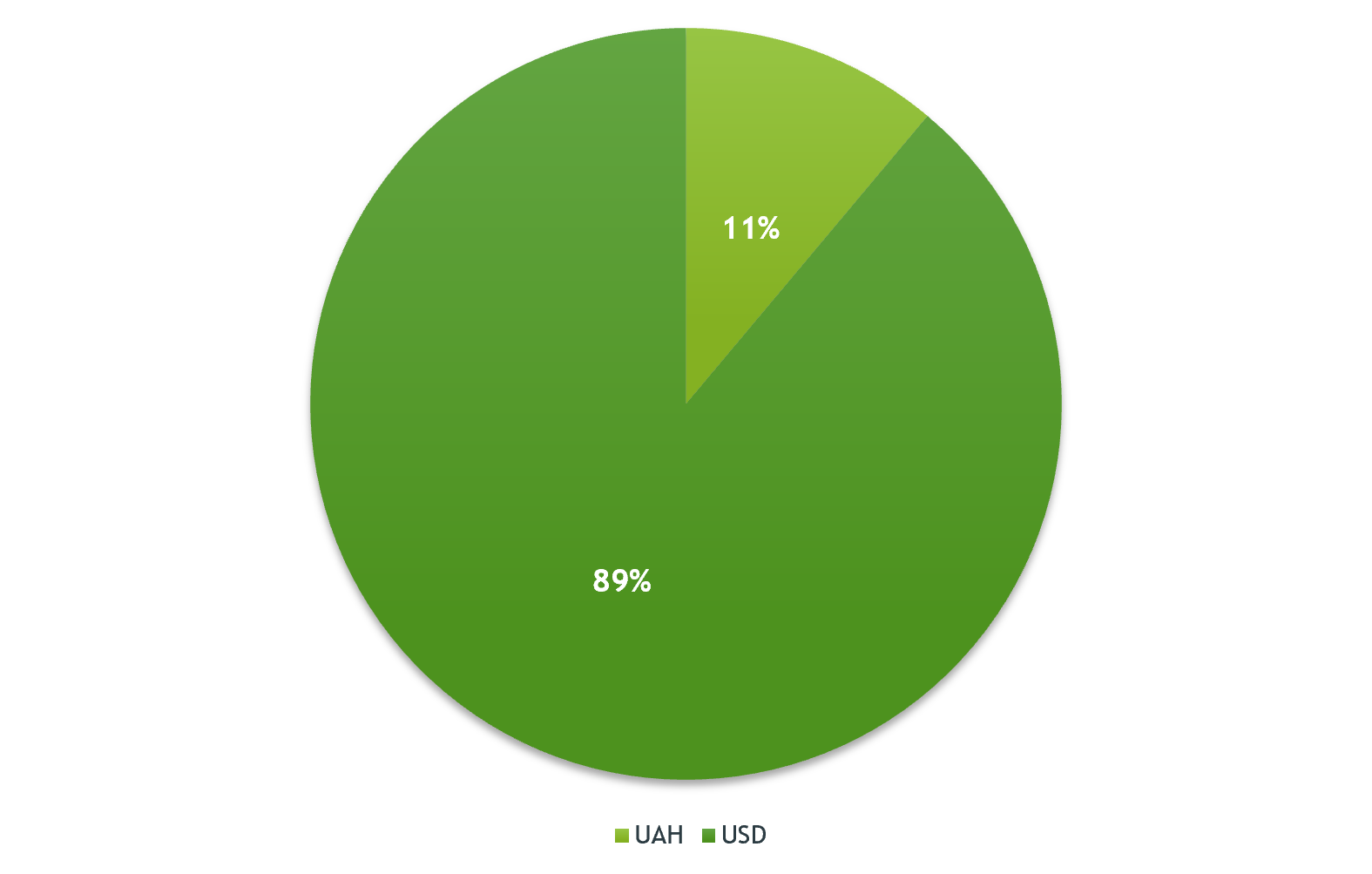 Fig. 18. Pegging of salary to a currency
Fig. 18. Pegging of salary to a currency
We would be happy to hear if this information proved useful in making business decisions. In our next overview, we are going to share information about the role and salary range of CTOs in IT.
Stay tuned!
Many thanks to Vitaliy Luzhentsov for his professional help in data processing.








 Успіх!
Успіх! 